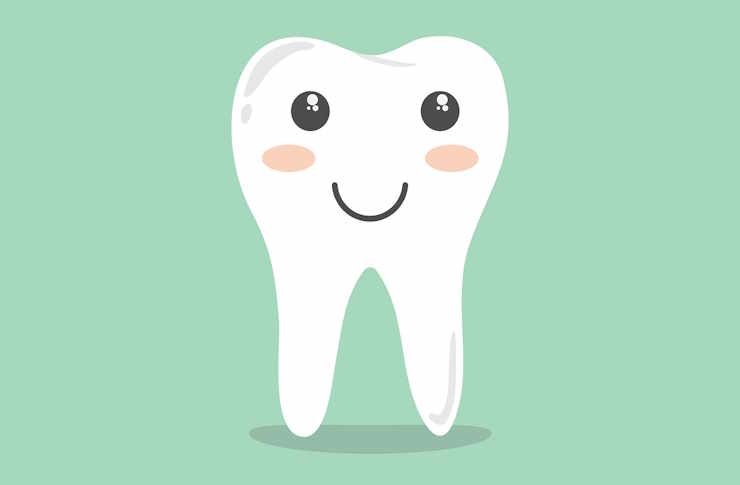Unraveling the Science of Breathwork for Better Health
Can the simple act of breathing transform your health? Emerging scientific evidence suggests that breathwork, a conscious control of breathing, can indeed play a crucial role in overall wellness. In this article, we delve into the fascinating world of breathwork, exploring its roots, benefits, and the science behind it.

Discovering Breathwork: A Historical Overview
Breathwork traces its roots to ancient practices like pranayama yoga, where breath control is used to influence mental, emotional, and physical states. However, the modern form of breathwork, incorporating various techniques and therapeutic models, emerged in the 1960s and 70s. Since then, it has been continually refined to align with scientific understanding and health needs.
Breathwork in Today’s Health Landscape
Today, breathwork is being recognized for its potential in managing stress, improving mental health, and enhancing physical well-being. A growing body of evidence shows that controlled breathing can help regulate heart rate, blood pressure, and digestion, as well as promote relaxation and mental clarity.
The Science Behind Breathwork
Breathwork operates on the principle of influencing the autonomic nervous system, which controls our body’s automatic functions like heart rate and digestion. By consciously controlling our breath, we can stimulate the parasympathetic nervous system, promoting relaxation and reducing stress.
On the other hand, rapid, shallow breathing, often associated with stress and anxiety, activates the sympathetic nervous system, triggering a ‘fight-or-flight’ response. Through practice, breathwork can help us gain control over these responses, leading to improved well-being.
Challenges and Credibility of Breathwork
While the benefits of breathwork are evident, it’s important to approach it with caution. Breathwork is a powerful tool and, if not done correctly, can lead to hyperventilation or emotional distress. It’s recommended to learn breathwork under the guidance of a trained professional.
Moreover, while the scientific community has started recognizing breathwork, more comprehensive studies are required to fully understand its potential and limitations.
Breathwork: Quick Facts and Tips
-
Breathwork can help manage stress and anxiety.
-
It can promote relaxation and mental clarity.
-
Always practice breathwork under the guidance of a trained professional.
-
Start with simple techniques like deep breathing or box breathing.
-
Consistency is key. Make breathwork a part of your daily routine for maximum benefits.
In Conclusion
Breathwork offers a promising avenue to manage stress, improve mental health, and enhance physical well-being. While it requires caution and professional guidance, the potential benefits make it a worthy addition to your wellness routine. By harnessing the power of breath, we can truly breathe our way to better health.




